Kazan ‘accomplishing’ meter monitoring system against the background of a decrease in collection of utility payments
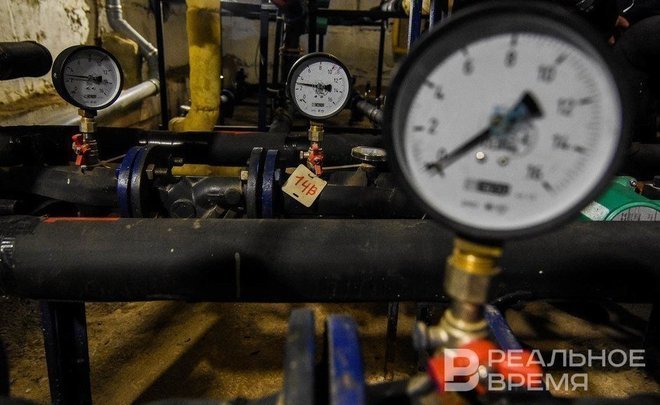
At the beginning of 2023, the collection of payments for housing and communal services in Tatarstan decreased by 0,6%, and the average for the republic was 94%. Against this background, as Realnoe Vremya found out, Kazan Vodokanal will spend more than 28,5 million rubles this year to implement a system for monitoring water meter data. In total, 90,5 million rubles have been allocated for this system since 2019. Read the details in the material of Realnoe Vremya.
Cost of work has been growing for the fifth year in a row
As Realnoe Vremya found out, Kazan Vodokanal is going to spend more than 28,5 million rubles to implement a data monitoring system on the pressure on the networks and the amount of resource consumed in the dispatching programme. It is planned to complete the work by December 31 of this year. It is worth noting that these will include not only installation, but also the purchase of special equipment.
According to the project documentation, the purchase is carried out at the own expense of Vodokanal Municipal Unitary Enterprise. Despite the fact that this procedure has been in place for more than five years, the current contract is the most expensive. For comparison: the previous purchase was carried out for two years at once — the full 2021 and 2022, but its cost was estimated at 22,6 million rubles.
Even in the pandemic 2020 year, the contract price was lower, namely 20,8 million. As for the very first contract in 2019, when this project was just beginning to be implemented, its cost was only 18,4 million. In total, 90,5 million rubles have been allocated for this system since 2019.
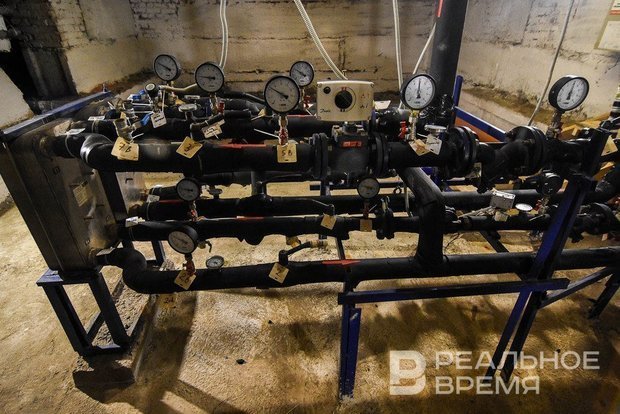
Wi-Fi antenna, filters and pipes: what is necessary to install a smart meter?
As part of such contract, the contractor will have to install special meters and their components at the facilities: a high-capacity battery, a Wi-Fi antenna, controllers, pressure converters, to lay cables, corrugated pipes, and to put filters. After that, they are to carry out commissioning on their own with subsequent integration into the dispatching programme.
The finished system is to provide an opportunity to combine groups of devices into a single wireless network that allows you to read the readings of water meters on various architectural objects, including apartment buildings, cottage settlements, as well as suburban cooperatives.
Thus, the management company can remotely monitor the consumption of energy resources and possible accidents. Besides, with the help of this system, it becomes easier for utility organisations to control the timeliness of payment of bills.
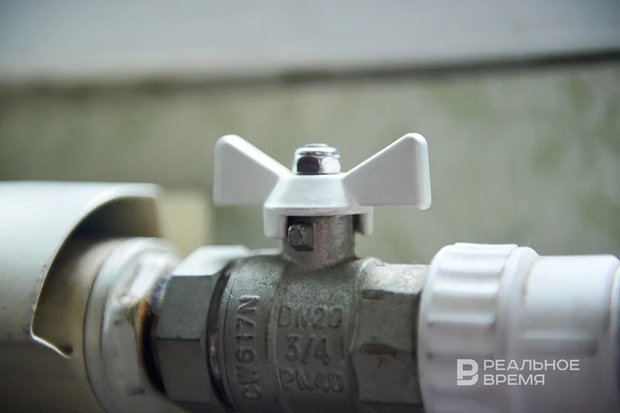
Contractor must have the accreditation of a nearly bankrupt manufacturer
A prerequisite is that the contractor must be accredited by the manufacturer of controllers of Teleofis JSC for the installation of equipment and their warranty service.
Teleofis JSC is a Moscow company engaged in the production of communication equipment. Its authorised capital is 100 thousand rubles. According to the latest data published for 2021, the organisation's sales revenue reached 299 million rubles, and net profit — 36,2 million. At the same time, last June, the company refused to apply the moratorium on bankruptcy.
This is probably due to that the company's cash flow fell in 2020 and it lost 13 million rubles. In 2021, the situation was stabilised, but the loss still remained, even though it was already 1,2 million.
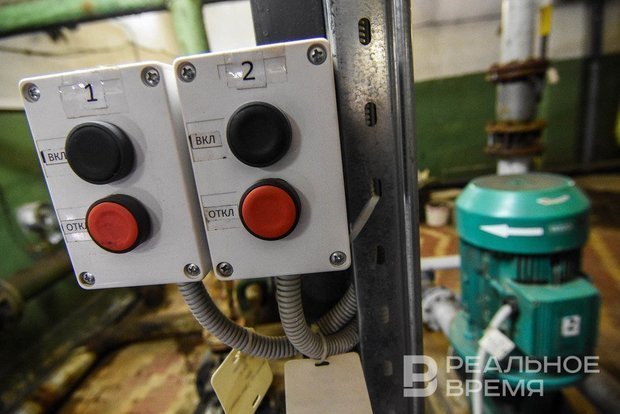
Problems with smart meters have long been fixed in Tatarstan
Let us remind that at the end of January, residents of Nobelevsky residential complex in Kazan addressed the editorial office of Realnoe Vremya with complaints about faulty “smart” meters. The houses of the complex are connected to the ASKUE (Automated system for monitoring and accounting of energy resources) system, due to which meter readings from all apartments are transmitted to the management company automatically. According to residents, while the management company is dealing with the equipment, they began to receive fabulous sums for utilities. The representatives of the developer, whose management company maintains houses, refute this and give other explanations.
Other residents of Kazan and the republic also have problems with smart meters, the Regional Center for Public Control in the Housing and Communal Services of the Republic of Tatarstan told Realnoe Vremya. Often, the reason was that such metering devices were serviced by different organisations.
“I have come across that the transmission of the readings of the general house meter in this way was extremely difficult, because the meter manufacturer is one, and the operator is the second, and this is not always consistent, that is, testing is needed here," said Mikhail Zastela, the chairman of the board of the centre. “The second thing I personally encountered: a friend from the private sector addressed the problem, they replaced the usual counters with 'smart' ones on the poles. But she also 'managed' to put a meter in the house. So, the one on the pole showed significantly more — by twofold.”
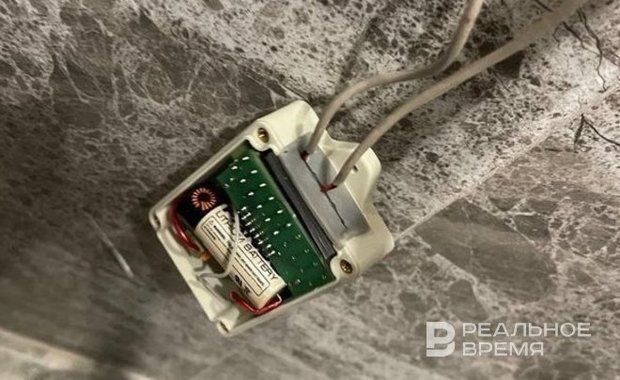
Until 2035, “smart” meters will be installed in all houses of the republic
The obligation to install “smart” meters in houses and apartments for Russians was introduced by law from July 1, 2020. As part of the implementation of the programme in the field of energy saving, intelligent electricity metering systems began to be installed as old appliances fail, and new buildings are already being rented with “smart” meters.
Many developers in residential apartment buildings use automated systems for monitoring and metering of electricity — ASKUE (Automated system for monitoring and accounting of energy resources). The developers of the system assure that it keeps accurate records of energy consumption, prevent theft, reduce the high rate of communal use in the house, avoid the human factor in the transmission of meter data and receive payment for utilities in a timely manner.
It should be noted that at the final board meeting, the head of the Tatarstan State Committee on Tariffs, Alexander Grunichev, said that “smart” electricity meters will be installed in all houses of the republic until 2035. Intelligent electronic metering devices, according to him, will significantly reduce the costs of citizens for light. Besdies, the issue of installing “smart” meters for other utility resources is being resolved.